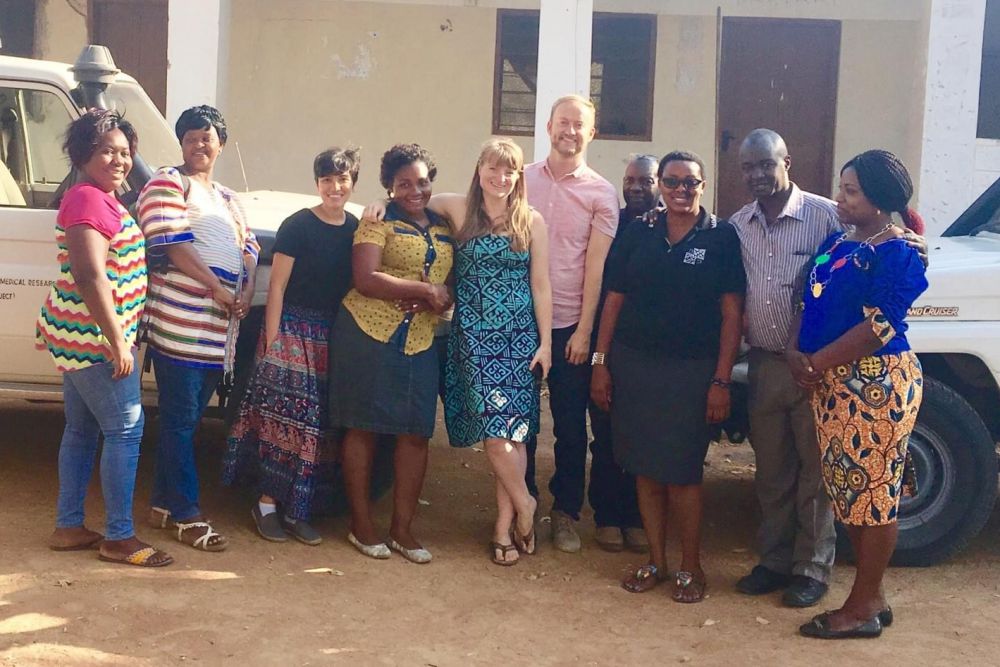
An Age-Old Question
Around the world, women tend to marry older men, but social scientists can’t agree why. Some argue age gaps are mutually beneficial, explained by female fertility declining with age, while male social status grows. For others, large spousal age gaps are fundamentally both a cause and a consequence of gender inequality, predicting that if women made free choices they would avoid marriages to older men.
David W. Lawson, an associate professor of anthropology, and Susan B. Schaffnit, a postdoctoral scholar in anthropology, surveyed marriages in Mwanza, in northwestern Tanzania, to put these ideas to the test.
“Tanzania is a good case study because women’s empowerment is generally low, but marriage traditions are changing,” Lawson said. “We were able to utilize this variation in marriage arrangements to study the relationship between marriage preferences, the age gap between spouses and the status of women.”
In their paper, “Shared interests or sexual conflict? Spousal age gap, women’s wellbeing and fertility in rural Tanzania” in the journal Evolution and Human Behavior, Lawson reports that “women tend to marry older men than they would otherwise prefer, but there are neither obvious costs nor benefits associated with greater age gaps between a wife and her husband.”
Lawson, who leads the campus’s Applied Evolutionary Anthropology Lab, bases this conclusion on a survey of nearly 1,000 women. The ideal age difference was for men to be about three to four years older. This contrasts to an average gap of seven years, with 20% of women marrying men more than 10 years older. Large age gaps were also common when families pay bridewealth (a transfer from groom to bride’s family at marriage), suggesting financial compensation is required to make much older men desirable.
“These patterns indicate clear scope for what evolutionary anthropologists describe as ‘sexual conflict’ over age at marriage,” he said. “However, among the large majority of women married to older men, measures of women’s empowerment, mental health and fertility were all unrelated to spousal age gap. Ultimately, other factors are more important determinants of women’s wellbeing in this context.”
One surprising finding was women married to younger men were somewhat disadvantaged. These relationships were described as shameful and prone to conflict in discussions with study participants.
“This may reflect consequences of norm violation, since such marriages are extremely rare,” Lawson said. “Men may also be more controlling because the woman’s older age threatens his status. Past research has shown that intimate partner violence is more common when a woman is older than her husband.”
Lawson emphasized that the results should not be generalized to all contexts.
“In this region of Tanzania, women are, for example, relatively able to leave unhappy marriages — and divorce is commonplace,” he said. “The situation might be quite different in cultures were marriage is for life, and women have less control in the marriage process.”
Other co-authors of the paper are Anushé Hassan of the London School of Hygiene & Tropical Medicine and Mark Urassa of the National Institute of Medical Research in Mwanza.
The research was supported by UC Santa Barbara and the National Science Foundation.



